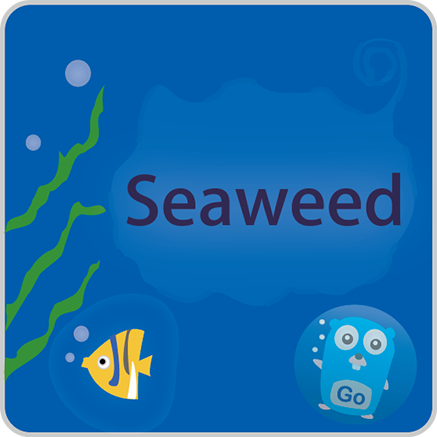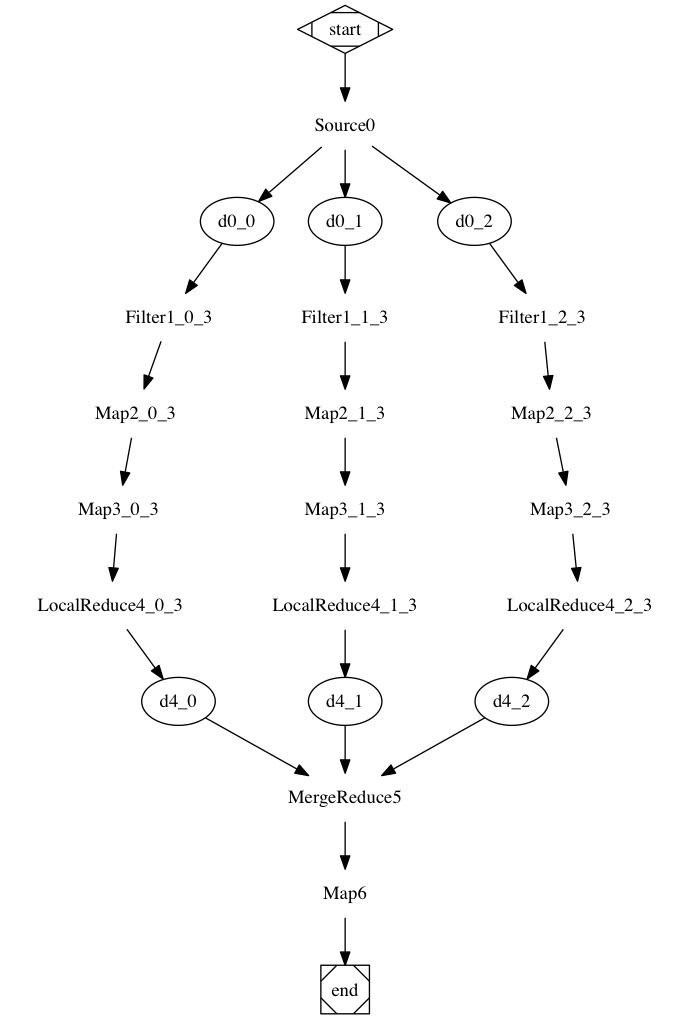go-ds-cluster
gathering distributed key-value datastores to become a cluster
About The Project
This project is going to implement go-datastore in a form of cluster.
IPFS is awsome, we like to use ipfs for data sharing. And IPFS using implementation of go-datastore as base storage.
There are several implementation of go-datastore:
They are mainly focus on storing data within one PC. Single PC has limit on I/O, there lacks a way to take advantage of distributed system with several or more PCs.
We knew ipfs-cluster, it offers a way to manage pin-set within multiple peers. But we thought it is more suitable for manage data backups and recovery. We expect that even only one ipfs peer could also take advantage of distributed storage.
Architecture
- data node has two basic components
- datastore offering key-value strorage
- cluster instance maintains cluster related logic
- any node in the cluster can be used has ipfs datastore, sharding data to data nodes in the cluster
- a key-value table of all data in the datastore has been maintained by every node
- the relation between hash slots and data node also been maintained by every node
Roadmap
- data sharding and hash slots maintaining
- communication module based on libp2p between data nodes
- consensus module build up
- hash slots re-allocate and re-balance strategy
- data migration after hash slots re-allocate or re-balance to support dynamically adding or removing nodes
- authentication and data management
Getting Started
Prerequisites
Installation
Usage
Roadmap
Contributing
PRs are welcome!
License
Distributed under the MIT License.





